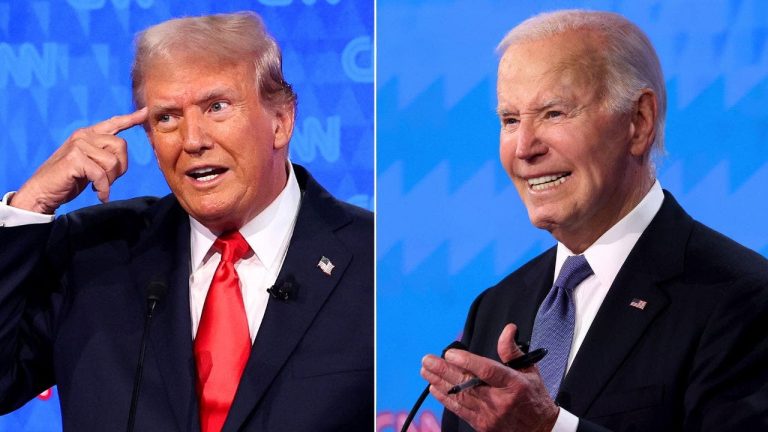Nevada Supreme Court denies teachers union’s appeal to put public funding issue on 2024 ballot.
The Nevada Supreme Court recently made a crucial decision regarding a proposed ballot initiative that could have altered the course of the development of a new MLB stadium in Las Vegas. The initiative, which aimed to give voters the power to repeal the public funding allocated for the stadium, was struck down by the court in a ruling that disappointed many detractors of the funding.
The ruling, which saw five judges voting to uphold a lower court decision to disallow the referendum, came as a setback for those who believed that the ballot question this year was the most viable avenue to challenge and potentially repeal significant parts of the bill that had paved the way for the Oakland Athletics’ relocation to Las Vegas. However, one judge dissented from the majority opinion, while another partially concurred and partially dissented.
Following the court’s decision, Alexander Marks, a spokesperson for the Schools over Stadiums political action committee, expressed determination to push for the referendum to appear on the 2026 ballot. This PAC is supported by the Nevada State Education Association, a teachers union that has been strongly against the use of public funds for the construction of the stadium.
The debate surrounding the financing of the stadium in Nevada reflects broader discussions taking place across the country on the appropriateness of using public money to support the development of sports facilities. On one side, proponents of the public funding, including representatives of the A’s and some tourism officials in Nevada, argue that it would contribute to the growth of Las Vegas’ sports scene and stimulate the economy. However, an increasing number of stadium economists, educators, and lawmakers have raised concerns about the limited benefits that such investments might bring, especially in the context of the substantial public expenditure involved.
One critical aspect of the Nevada Supreme Court’s decision was the requirement that the entire 66-page bill be included in the ballot question to ensure that voters have access to the full context of the proposal. This directive posed a challenge, as ballot referendums are restricted to a maximum of 200 words, making it difficult for groups like Schools over Stadiums to effectively explain the complexities of the legislation during legal proceedings.
The court found fault with the 200-word description submitted by Schools over Stadiums, deeming it “misleading” and insufficient in portraying the specific implications of the referendum. Attorney Bradley Schrager, who represents two plaintiffs advocating for the public funding, highlighted the importance of providing voters with accurate and comprehensive information to enable them to make informed decisions in the realm of direct democracy.
In a significant development, Major League Baseball owners have given unanimous approval for the Oakland Athletics’ relocation to Las Vegas, underscoring the far-reaching implications of the stadium funding issue on the professional sports landscape.








